How Do You Negotiate a Construction Contract?
It's no small feat owning your own construction company. What's even harder is scaling your business for growth while trying to complete projects for clients. As a business owner, it can be tough to know how to standardize your contract negotiation process if you don’t already have a system in place. Without a way to reliably negotiate your construction contracts, you can quickly find yourself on the wrong end of a lawsuit.
A thought-out, detailed contract is the single best way for your construction company to avoid future litigation and issues with non-payment. But first, you need to figure out which standard addendums to include before you consider your negotiations finished. This article will take a look at the addendums you should consider including in your contract and how to create a negotiation system that works for you.
Addendum checklists keep your contracts transparent
A set of clear addendums will make your construction contract transparent to you, your subcontractors, and the property owner. Creating a checklist of your firm’s standard addendums is a simple system that will give you consistent contract negotiation results. Let's take a look at some of the standard addendums that we routinely recommend to construction companies:
1. Scope of work
The scope of work basically defines what you'll perform for a client on a contract. You should negotiate a scope of work that clearly outlines what work you’re going to do, what roles each party is filling, and what milestones you need to hit to get paid.
Your scope will serve as a record of reference if any party is ever unsure about what work is to be done or by whom, so it’s smart to enlist a legal professional to guide you. Your scope of work should make it crystal clear to all contractually involved parties what's expected of them, so that you can avoid litigation issues down the road.
2. Owner information
It’s not much use negotiating a contract with an owner you know nothing about. Owner information should give you insight into what they want to do with their project, how it will operate, and even what aesthetic the project should display.
Owner information is essential to contract negotiation, and you should consult a legal professional to make sure you include provisions that resonate with your client’s objectives and project parameters. Negotiate a contract that considers the needs of your client, as well as the capabilities that you and your business can reasonably provide within the project timeline.
3. Payment terms
The payment terms of your contract help decide who gets paid, what they're getting paid for, and when payments are due. You need to negotiate payment terms that give you an adequate amount of time to deliver your services.
One of the most common ways construction business owners find themselves in legal trouble is by having a different understanding of payment terms than their clients.
4. Retainages
Retainages hold contractors accountable for their work by withholding payment until a job is done. Retainage is a client's way of protecting against financial risk in case a contractor does an incomplete or improper job.
However, it’s often the case that a general contractor and property owner have two different understandings of their contract’s retainage provisions. A risk management and legal consultant can help you negotiate retainage terms that don’t put you and your company at risk of late or missed payments. Be sure to include retainage provisions in your contract to make sure everyone understands what work needs to be done for what amount.
5. Back charge claims
Back charge claims become important when you encounter issues with your subcontractors or product vendors, so you need to negotiate back charge provisions that give you an advantage. These back charges compensate for costs that unexpectedly arise when you start running into problems with other parties involved in your contract.
Be as clear and transparent with your client as you can about the requirements of your back charge notices. Contract issues that arise related to back charge claims usually happen simply because of unclear communication between a general contractor and a property owner.
6. Project schedules
Project schedules are routinely blown when contracts have poorly defined schedules. One way to mitigate this risk is to detail your schedule in your contract so that you set clear periods of performance for your work.
Completing work on-time is a simple way to reduce financial risk, especially when you're clear with a client about your project’s schedule in writing.
7. Extra work
It's important to be as specific as possible about any extra work that may be necessary during your contract's lifetime. Scope creep that adds more work than you discussed when negotiating a contract can lead to late or non-payments. Plus, it's almost guaranteed that extra work a general contractor needs to perform will add extra time to a project and put it behind schedule. Be as clear as possible with your property owner of GC about how you’ll address extra work before finalizing the contract.
8. Hold harmless restrictions
Hold harmless restrictions put the brunt of responsibility for damages on the shoulders of one party. These restrictions make another party of your construction contract liable for damage that happens on your project.
You need to be absolutely certain that you're comfortable with the terms of your hold harmless restrictions when finalizing your contract. Only consider your contract negotiations finished when you understand who's responsible for covering the costs of project damages, and how far your liability for those damages extends on the project.
9. Insurance restrictions
You can and should speak with the property owner about what insurance coverages and restrictions they have in mind for their project. General contractors who aren't sure about their contract's insurance clauses risk losing out on additional endorsements, depending on the insurance policy.
Always review your contract's insurance sections with a risk management consultant. This way, you can avoid accountability for risks you can't control and ensure that you have an insurance policy that protects your company adequately.
10. Safety barriers and fines
Defining where and when you'll put safety barriers in place on your project site reduces potential miscommunication and litigation issues in the future. You need to define which fines are associated with breaches of your barriers and which parties will be responsible for paying those fines.
Clear communication during contract negotiation is a simple and effective way for both you and the property owner to figure out where your barriers will go and who’s accountable for paying fines.
11. Termination of subcontract
The termination of your subcontract agreement should happen after an agreed-upon milestone. Typically this is something like the completion of a subcontractor’s work orders or extra line items that have been exercised and completed.
However, you need to clear up any ambiguity about when a subcontract should terminate. Otherwise, general contractors can risk payment demands or non-complete work from subcontractors who weren’t on the same page as you regarding their subcontract agreement termination terms.
12. Lien and bond rights preserved
Contractors can preserve their lien and bond rights by carefully protecting them during contract negotiations. Be as precise as you can when drafting these terms, ideally with the guidance of legal counsel. Remember that if you do wind up in a situation where you haven’t received timely payment for your work, a mechanic lien is a superpower that helps you get paid, so you don’t want to waive your lien rights accidentally.
13. Consequential damages
One of the most important things about negotiating your consequential damage provisions is deciding which damages are considered consequential. If you aren't careful, consequential damage provisions can hold you liable for indirect damages.
Consult your attorney to help to limit the damages you're responsible for in the event that you’re unable to uphold your contractual duties. On the flip side, you need to make sure beyond a shadow of a doubt that the property owner knows what consequential damages they’re liable to incur based on their contract non-fulfillment.
Don't rely on memory to negotiate your contracts
Now that you know all of the addendums that you need to include when negotiating your construction contract, it should go without saying that you can't reliably negotiate in the first place without a reliable system.
You can't rely on memory alone to know what to negotiate into or out of your contract. We’d love to partner with you to develop a set of standard contract addendums that will help your negotiations go smoothly so your business can grow. Get in touch with Daffern Law Firm to get started.








